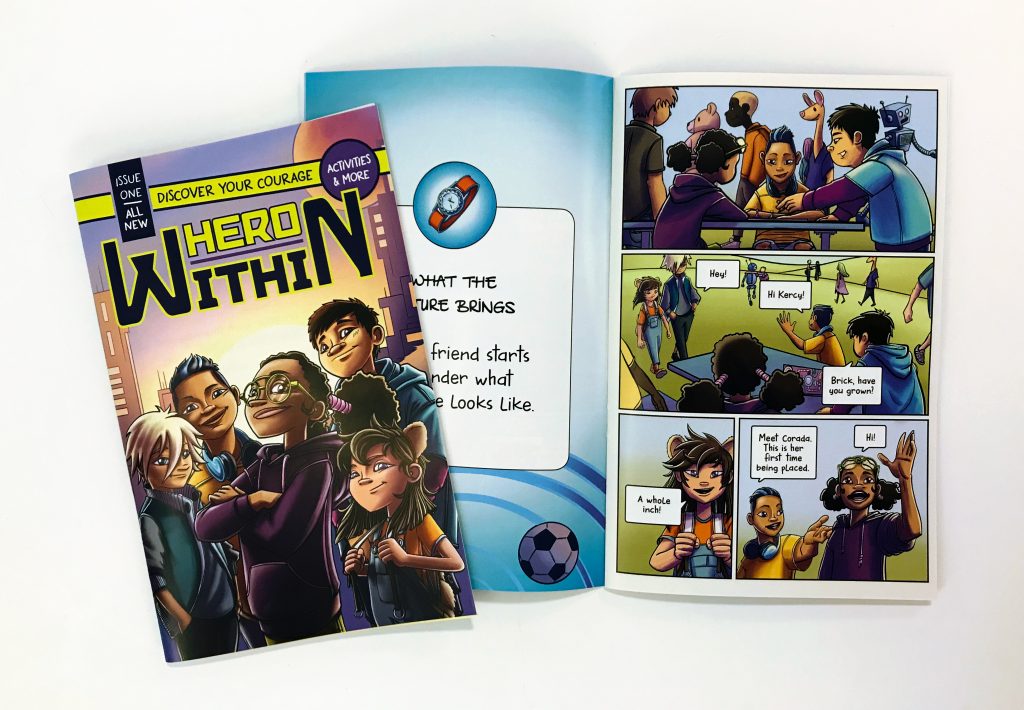RSE Talks Mental Health

Three Insights for Effective Mental Health Marketing
Marketing communications agencies like RSE are typically engaged to effectively promote and sell services. However, here at RSE one of our favorite things to sell is not a product of any kind — it is impactful behavior change.
Because the impact the pandemic has taken on mental health is expected to linger, the need for public education and communication to help reduce mental health disparities, inequities and stigma is more important than ever. Destigmatizing mental health is something we have been selling for more than a decade.
By incorporating three key insights, mental health campaigns can make impactful behavior change.
Become An Ally & Focus on Impact Over Intent
What is allyship? According to Webster’s Dictionary it is “the state or condition of being an ally, a supportive association with another person or group.” Allyship, coupled with creativity and marketing magic, can make a big impact on mental health.
Without being an ally, it is almost impossible to effectively communicate the need for mental health awareness and change. To become an ally, start by educating yourself, reeducating yourself, and then educating yourself some more. Continue by asking questions, listening, and –you’ve got it – listening some more. And always think first and foremost about impact over intent – what the impact the campaign will make rather than the intentions for it.

Check out this graphic novel RSE created in English and Spanish which served as a resource to 8-12-year-olds in Los Angeles who were placed in the foster care system. By interacting with the characters in the story, the children were able to learn about different ways to get through tough situations, helping them understand they are not alone and encouraging them to discover their very own superpower within.
Consult With Community
To understand the impact a mental health campaign will have on its targeted populations, it is imperative to engage those communities to learn about their specific needs and challenges. RSE has developed a variety of community and culturally specific mental health campaigns including those targeted toward youth, youth in the foster care system, parents and others. Messaging for these audiences is vastly different, however one thing proves true time and time again, no matter how specifically defined each target audience is— while there are some commonalities, everyone’s relationship to mental health and resiliency is different and constantly changes.
Relying on research and consulting with the community are the key to unlocking answers that cross barriers. Effective behavior change campaigns are about reaching people where they are rather than where you think they should be and focusing on the how before the what.
RSE reached California teens to reduce mental health stigma by using a trusted peer messenger, Sofia Wylie and connecting with them on TikTok. See more of the campaign here.
Effectively Target Messaging
Working with community feedback and community-based organizations to understand and adjust messaging is a consistent need. Learning to understand and engage experts around the differences between types of trauma (including intergenerational trauma, toxic stress and all the nuances associated with these) can help us frame our messaging to better engage audiences. Recognizing the intersections of identities and their role in mental health experiences and resilience makes an enormous difference in impactful messaging.
Most importantly, although messaging might not have the capacity to be specifically targeted for every sector, it can always be empathetic, culturally-centered, trauma-informed and created with impact in mind.
To recap, by incorporating these three steps, mental health campaigns can make impactful behavior change.
- Become an ally and focus on impact over intent – educate yourself, ask questions, and listen. Always keep in mind the impact the campaign will make rather than the intentions for it.
- Consult with community – reach people where they are rather than where you think they should be.
- Effectively target messaging — frame your messaging to your audience, understand the different types of trauma, intersections of identities and their role in mental health experience to have the greatest impact.
If you are interested in learning more about how RSE can help your organization create an impactful behavior change campaign, please reach out to us at contact@rs-e.com.